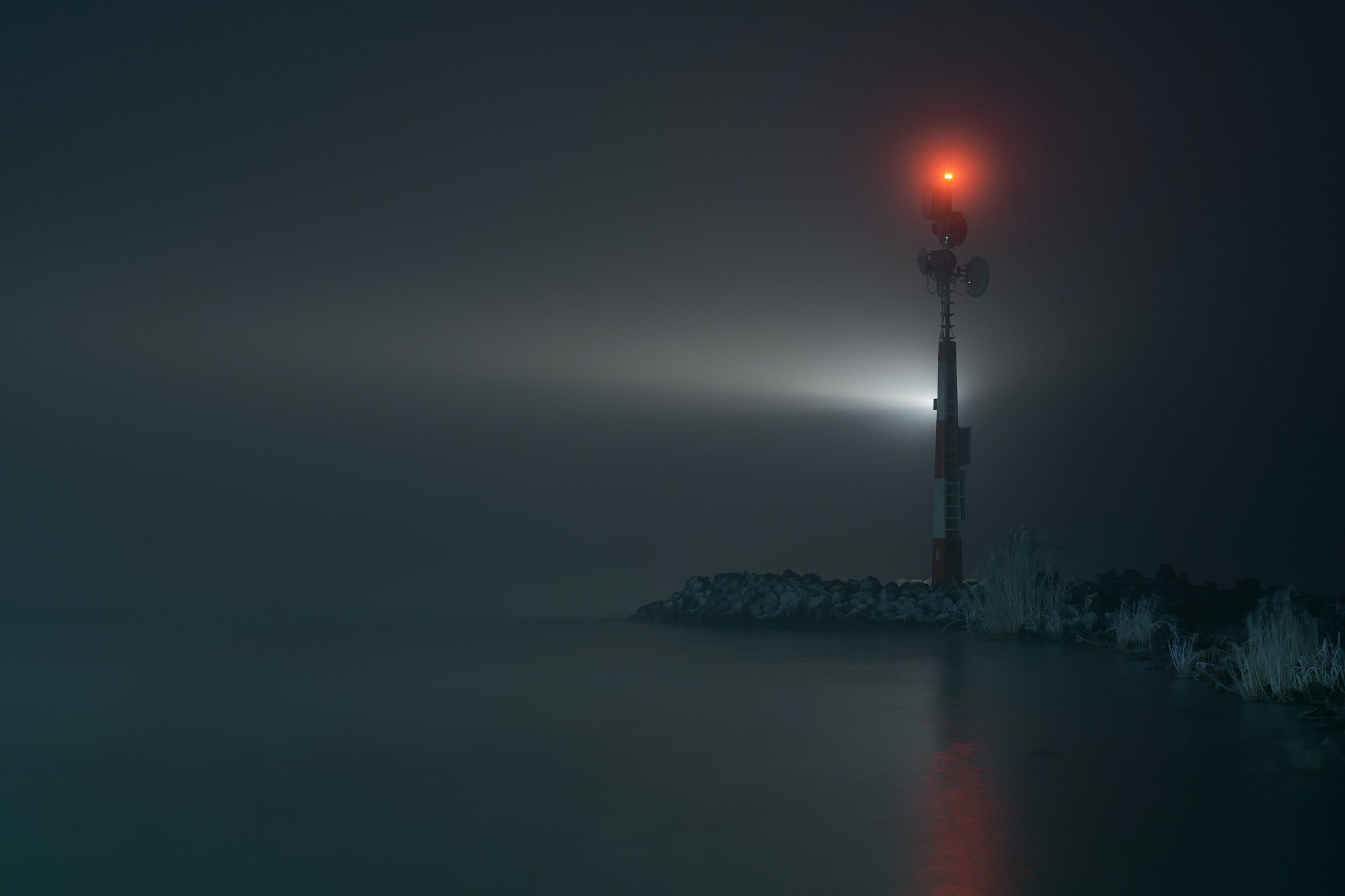Let’s dive into what’s happening in the Red Sea, where tensions are high due to recent events involving the Houthi rebels and their actions at sea. This situation is crucial because it affects a major global trade route.

What’s Going on in the Red Sea?
The Red Sea is super important for ships traveling around the world. But recently, things got tense when Yemen’s Houthi rebels started seizing ships. This is a big deal because it threatens the safety of this key maritime route and shows how unstable the region is.
The Houthi Rebels Seizing Ships
The Houthis grabbing ships in the Red Sea is causing a lot of worry. This move goes against the usual rules of international shipping and has big consequences for how safe it is to move goods through this area. For example, companies like Ray Car Carriers had to change their routes because of these threats, showing how these actions can really shake up international shipping.
The Galaxy Leader Incident
The Galaxy Leader, a ship owned by the British and operated by the Japanese, got caught up in this crisis. Its capture by the Houthis put a spotlight on the rising tensions in the Red Sea and made the world pay more attention to the security issues there.
How the World Reacted
Countries like Saudi Arabia, Oman, and Iran got involved to try to sort out this mess. Their talks show how complicated the situation is and why working together is key to keeping the seas safe.

The Bigger Picture: Yemen’s War and Regional Tensions
Yemen’s War Affecting Sea Safety
The ongoing war in Yemen isn’t just a land issue; it’s also making the waters of the Red Sea risky. The Houthis are getting bolder at sea because of the larger conflict, affecting the whole region’s security.
Iran’s Role with the Houthis
Iran backing the Houthis adds another layer to the security puzzle in the Red Sea. This partnership makes it harder to keep sea routes safe and needs extra attention from the global community.
How to Deal with Sea Threats
Plans for Better Sea Safety
To lower the risks in the Red Sea, countries around the world need to work together. Improving how we watch over the sea and beefing up security measures are important to protect both commercial and military ships in this dangerous area.
The Importance of Big Players
Countries like Saudi Arabia, Oman, and Iran are key to calming things down and stopping more risky incidents that could mess up global shipping.
This breakdown explains the recent maritime security crisis in the Red Sea, focusing on the Houthi rebels’ actions and the broader implications for international shipping and regional stability.

FAQ Section for the Red Sea Maritime Security Crisis Article
Here’s a list of frequently asked questions (FAQs) to help you understand more about the Red Sea maritime security crisis:
Q1: What is the Red Sea maritime security crisis?
A1: The Red Sea maritime security crisis refers to the recent increase in tensions in the Red Sea, primarily due to the Houthi rebels from Yemen seizing commercial vessels. This situation poses a threat to international shipping and regional stability.
Q2: Who are the Houthi rebels?
A2: The Houthi rebels are a group from Yemen involved in the ongoing conflict in the country. They have gained attention for their actions in the Red Sea, including seizing ships, which challenges international maritime norms.
Q3: Why is the Red Sea important for global trade?
A3: The Red Sea is a crucial maritime route that connects the Mediterranean Sea to the Indian Ocean via the Suez Canal. It’s vital for global trade as it allows for the efficient transport of goods between Europe, Asia, and Africa.
Q4: What happened with the Galaxy Leader ship?
A4: The Galaxy Leader, a British-owned and Japanese-operated vessel, was captured by the Houthi rebels. This incident became a significant point of focus in the crisis, highlighting the escalating tensions in the region.
Q5: How are countries responding to this crisis?
A5: Countries like Saudi Arabia, Oman, and Iran, among others, are involved in diplomatic and military efforts to address the crisis. These efforts include negotiations and strategies to enhance maritime security in the region.
Q6: What impact does the Yemen conflict have on maritime security?
A6: The conflict in Yemen has a direct impact on maritime security in the Red Sea. The Houthis’ actions at sea are part of the broader conflict, affecting the security of a key global maritime route.
Q7: What role does Iran play in this situation?
A7: Iran is believed to support the Houthi rebels, adding complexity to the maritime security situation in the Red Sea. This support is a concern for the safety of maritime passage in the area.
Q8: What can be done to improve maritime security in the Red Sea?
A8: Improving maritime security involves international collaboration to enhance surveillance, strengthen security protocols, and engage in diplomatic efforts to de-escalate tensions and ensure the safety of commercial and military vessels.
Q9: Are commercial shipping routes still safe?
A9: While there are increased risks due to the crisis, efforts are being made to ensure the safety of commercial shipping routes. However, shipping companies are advised to stay vigilant and aware of the evolving situation.
Q10: Can this crisis affect global trade?
A10: Yes, the crisis has the potential to affect global trade, especially if it leads to prolonged disruptions in one of the world’s busiest maritime routes. The international community is working to prevent such an outcome.
These FAQs provide a quick overview and deeper insights into the complex situation in the Red Sea, helping readers understand the key aspects of the maritime security crisis.
Sources Reuters


